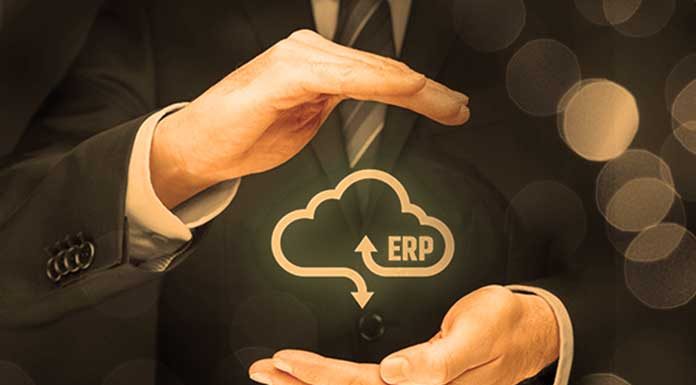Cloud ERP is yet another novelty that has been improving organizations’ routine, which is increasingly dynamic and needs savings and agility.
In short, it is an evolution of the local Enterprise Resource Planning (ERP) system that operates in the cloud.
When integrated only on local platforms, the management and planning system for administrative and operational functions requires acquiring hardware or hiring commercial data centers that can provide the necessary support for its operation.
This result is unnecessary expenses and a company that goes against what it needs most: efficiency with the economy.
After All, What Is Cloud ERP, And How Does It Work?
Known as an integrated management system, ERP – Enterprise Resource Planning is software developed for organizing and optimizing processes.
Due to its ability to cover the most diverse areas, it can integrate different activities to centralize information and transform it into precious resources for decision-making.
Operating in a local environment requires robust hardening to run the application correctly. The greater the volume of data, the greater the necessary infrastructure in terms of hardware and tools.
In addition, the local ERP requires adequate physical space for the machines and personnel for continuous monitoring and maintenance expenses, for example.
In other words, the local system consumes a good chunk of the organizational budget.
On the other hand, cloud solutions, such as ADT Cloud ERP, can be considered an evolution of its predecessor, using the internet to offer secure remote access with high availability at any time and place.
But these are not the only benefits it offers – see the next topic.
Advantages Of Migrating Your Standard System To Cloud ERP
As we mentioned earlier, Cloud ERP offers numerous facilities to your business.
Follow the main advantages below.
Cloud ERP Ensures Mobility
Hosted on remote servers, Cloud ERP can be accessed from any device connected to the internet via an app or web browser.
This offers a dynamic and positive experience for users, as the system allows storing, sharing and transferring data to all who have the authorization to access them.
Agile And Real-Time Monitoring
As a SaaS (Software as a Service), Cloud ERP allows activities to be automated and monitored in real-time; the same is valid for updating information.
In addition, the sectors begin to operate in an integrated way, and the company gains greater agility and efficiency in its routine operations through leaner processes and greater availability since the local infrastructure is no longer overloaded due to the high storage and processing requirements of routines—local ERP.
Ease Of Updates And Use
With Cloud ERP, periodic program updates are much simpler and faster. They are automated without the need for interruptions in the company’s routines.
Another benefit is how easy it is to get started. Just hire, configure and start using it.
Cloud ERP Reduces Costs
One of the most seductive advantages of Cloud ERP is the savings it provides to companies. The reasons for this are several, including:
- The solution offers flexibility and scalability while promoting organizational growth;
- The investment in hiring is smaller as it does not involve the purchase of user licenses. Only the amount related to the services used is charged, which is much more economical and fair than the local alternatives;
- Cloud ERP eliminates energy maintenance costs and physical space, which is borne by the provider, which is necessary when the storage uses its servers;
- It is not necessary to keep a technology professional to monitor the local system since the Cloud ERP service provider makes available a team with skill and experience in various segments of the cloud;
- Eliminates the printing of physical documents and reports, which become virtual and can be accessed by everyone who needs access to this information.
Greater Digital Security
The Cloud ERP system provider is responsible for the security of the cloud platform, and, it is worth remembering, these companies are also specialized in backups and digital security.
Thus, they use all their expertise to prevent the occurrence of cyberattacks or other events that may jeopardize the protection of organizational information.
In addition, without having to worry about the ERP functioning, your IT team can focus on more strategic functions, generating greater satisfaction and productivity in the team and better results for the company.
Also Read: Hybrid Cloud: What Is It, How Does It Work, And What Are Its Advantages?

